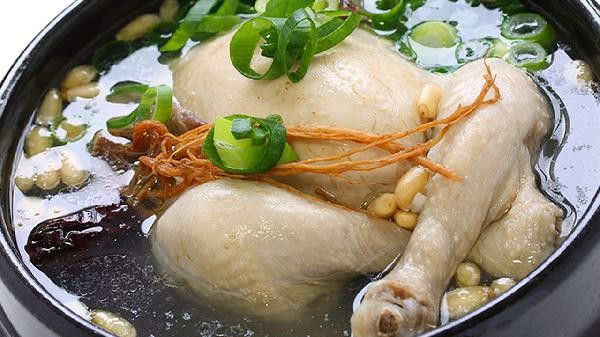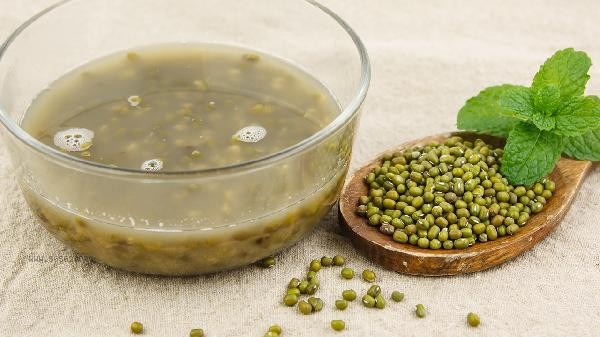Drinking rice soup can alleviate bloating by adjusting diet, applying hot compress to the abdomen, exercising appropriately, massaging the abdomen, taking medication, and other methods. Abdominal distension may be related to factors such as overeating, indigestion, gastrointestinal dysfunction, food allergies, and dysbiosis of the gut microbiota.

1. Adjust diet
Reduce or stop eating rice soup, and choose foods that are easy to digest, such as rice porridge and noodles. Avoid consuming gas producing foods such as beans, onions, etc. Eating small meals and chewing slowly can help reduce the burden on the gastrointestinal tract. supplementing with warm water appropriately can promote gastrointestinal peristalsis and help alleviate symptoms of bloating.
2. Apply hot compress to the abdomen
Use a warm towel or hot water bag to apply to the abdomen, with a temperature controlled at 40-50 degrees Celsius. Hot compress can promote local blood circulation, alleviate gastrointestinal spasms, and help expel gases. Apply hot compress for 15-20 minutes each time, 2-3 times a day. Be careful to avoid burning the skin, especially when used by the elderly and children.
3. Moderate exercise
Engaging in light activities such as walking, yoga, etc. can promote gastrointestinal peristalsis. Avoid vigorous exercise to avoid exacerbating discomfort. Taking a 10-15 minute walk half an hour after a meal is most effective. Clockwise massage of the abdomen combined with exercise can more effectively help with exhaust. Pay attention to keeping warm during exercise and avoid catching a cold in the abdomen.

4. Massage the abdomen
Gently massage the abdomen clockwise with the navel as the center. The massage intensity should be moderate, lasting 5-10 minutes each time. Massage can stimulate intestinal peristalsis and promote gas expulsion. Apply a small amount of warm vegetable oil before massage to enhance the effect. Maintain relaxation during massage and avoid doing it immediately after a full meal.
5. Medication [SEP]: Gastrointestinal motility promoting drugs such as domperidone and mosapride citrate can be used under the guidance of a doctor. Probiotic preparations such as Bifidobacterium triple live bacteria can regulate gut microbiota. Dilation drugs such as dimethyl silicone oil can help eliminate air bubbles in the gastrointestinal tract. Before using medication, one should consult to avoid self medication.
Daily attention should be paid to food hygiene and avoid consuming spoiled or allergenic foods. Maintaining a regular schedule and moderate exercise can help maintain gastrointestinal function. If abdominal distension persists or is accompanied by symptoms such as vomiting and diarrhea, timely medical examination should be sought. For patients with long-term recurrent abdominal distension, it is recommended to undergo gastrointestinal endoscopy to rule out organic diseases. Establishing healthy eating habits and lifestyle is the key to preventing bloating.









Comments (0)
Leave a Comment
No comments yet
Be the first to share your thoughts!